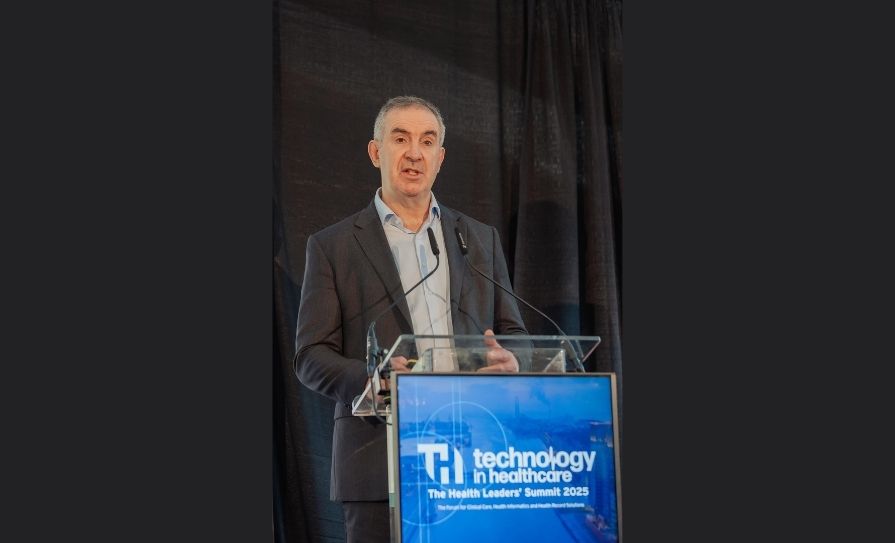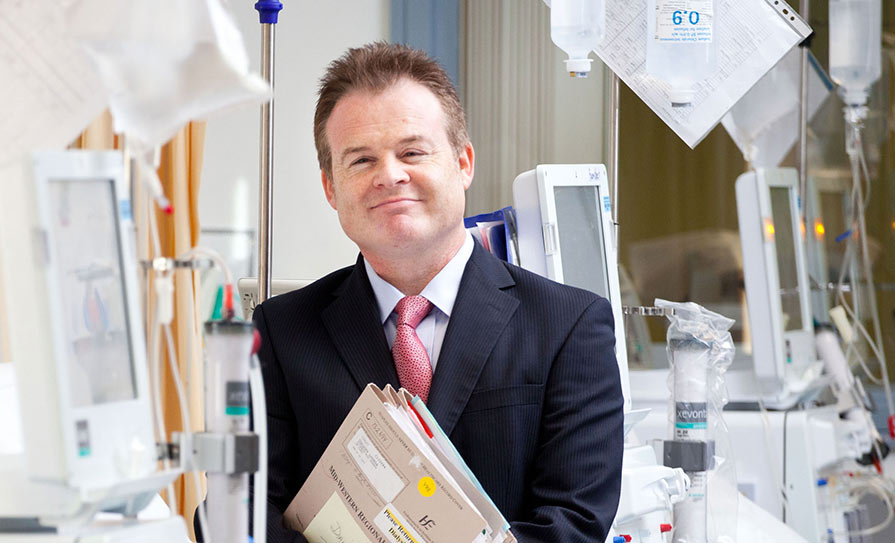College of Psychiatrists of Ireland, Online Winter Conference, 6 November 2020
Dr Karen Conlan is a Senior Registrar in Child and Adolescent Psychiatry. She is currently carrying out a PhD in Trinity Centre for Health Sciences, Dublin, and is investigating whether antipsychotic related weight gain in children and adolescents is associated with inflammation. This is an important question as inflammation is linked to both physical and mental disorders. Second generation antipsychotics are often associated with rapid weight gain and significant cardiometabolic dysregulation, with children appearing to be more at risk than adults. This weight gain can lead to obesity, and obesity is associated with chronic low-grade inflammation. This is significant as chronic inflammation is a major driver of insulin resistance and the development of Type 2 diabetes mellitus (T2DM).
Therefore, the hypothesis of Dr Conlan’s research is that second generation antipsychotics cause inflammation, which drives the associated cardiometabolic side effects of these medications. Ten children and adolescents were recruited for this study. Blood samples were taken before starting antipsychotic medication, and then three, six, and 12 months after treatment was initiated. These samples were used to measure systemic levels of inflammation and immune cell populations. Clinical parameters such as BMI percentile, lipid level, insulin level, and glucose level were also collected. Within three months of starting the medication, the BMI of participants increased significantly. Leptin, involved in glucose and lipid metabolism, was also increased, alongside the inflammatory marker IL-17. These measurements either increased further or remained consistently high across the 12-month period.
On further inspection, it was found that the inflammatory marker IL-17 was coming from three distinct immune cell populations: CD4 T-cells, Gamma Delta T-cells, and MAIT cells. Furthermore, MAIT cells increased in study participants after starting antipsychotic medication; this increase should only be observed in the presence of infection, but it has also been observed in obese children not taking antipsychotics. Dr Conlan told the CPsychI Winter Conference that these results are significant, as elevated levels of IL-17 have been linked to the development of T2DM, obesity related asthma, and fibrosis in the liver of patients with non-alcoholic fatty liver disease (NAFLD), while a recent mouse study demonstrated that an increase in MAIT cells promoted metabolic dysfunction.
Overall this study demonstrates that within three months of starting antipsychotic medication, children and adolescents develop an inflammatory phenotype. Although this inflammatory state did not translate into metabolic dysfunction within the timeframe of this study, other studies have demonstrated that inflammation in obese children precedes metabolic dysfunction. Furthermore, adult studies have demonstrated that antipsychotic medication impacts metabolic health, promoting hyperlipidaemia, insulin resistance, and T2DMs. Dr Conlan concluded that further research in this area has the potential to identify novel targets, which could prevent these side effects from antipsychotic medication.













Leave a Reply
You must be logged in to post a comment.